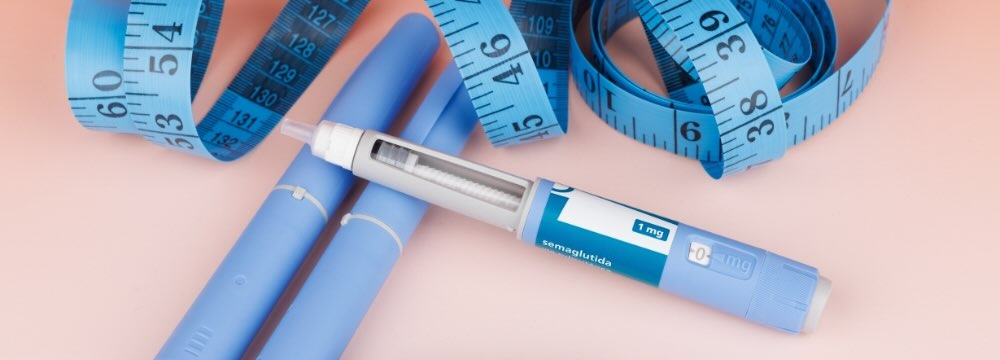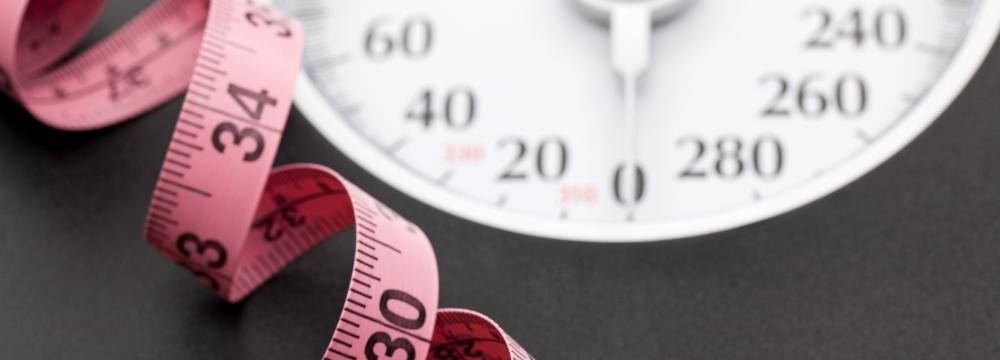BMI is used as the definitive measure of a person’s weight in relation to their height. While not perfect, it does offer more concrete measurement guidance for those looking to lose weight or have weight loss surgery than any prior tool. In this blog post we explore some of the pitfalls of the BMI and why it shouldn’t be the only factor you look at when measuring your candidacy for surgery or weight loss success.
BMI as it relates to bariatric surgery
BMI is the first step in checking whether you qualify for surgical intervention. Federal guidelines tell us that anyone with a BMI of 35 or over with one or more diseases associated with obesity, also known as comorbidities, or those with a BMI of 40 or over, regardless of comorbidities, may qualify for bariatric surgery. As someone’s weight (and BMI) goes up, their risk of other diseases including cardiovascular disease, osteoarthritis, even certain form of cancer increases significantly. A BMI of 40, or morbid obesity, is the arbitrary cutoff point where we truly become concerned about the effects of the excess weight on lifespan and quality of life.
Limitations of the BMI
The first and most significant limitation of BMI is that it doesn’t take into account body type or even gender. As an example, a bodybuilder may have a very high BMI but may be in exceptional health and not obese at all. Stature, like being “big-boned” or broad-shouldered, can also affect BMI. While a qualified bariatric surgeon can offer concrete guidance on how stature affects BMI, this highlights the pitfalls of relying solely on one method to measure candidacy for bariatric surgery.
Other Tools
More recently, it became very clear that waist size was highly predictive of the comorbidities associated with excess weight and especially cardiovascular disease. Men with a waist size greater than 40 and women greater than 35 have a much higher risk of weight related diseases than those with smaller waist.
How should you use the BMI?
Seeing that the BMI is about the best tool we have to predict initial candidacy for bariatric surgery, we are confident continuing to use it as the primary qualification criteria for surgical intervention. However, you will undergo a series of exams and tests before your bariatric procedure to ensure that you are an excellent candidate for surgery and that your operative risk is relatively low. While we expect the procedure to be very effective in allowing you to lose excess weight and resolve many of the comorbidities associated with obesity, we also want to ensure the primary goal of the procedure – safety.
Using the BMI wisely is also important in the postoperative phase. Once again, remembering that body type skews the BMI numbers makes it less useful in measuring your victories. Certainly, you can use BMI and your weight as a measure of success, but many of our patients work out very vigorously and build a significant amount of muscle which can skew their BMI even though they are significantly healthier. Other markers of health such as the results of blood work – cholesterol levels or blood sugar levels – blood pressure, waist size and general mobility and ability is far more important than the weight on the scale or your BMI.









